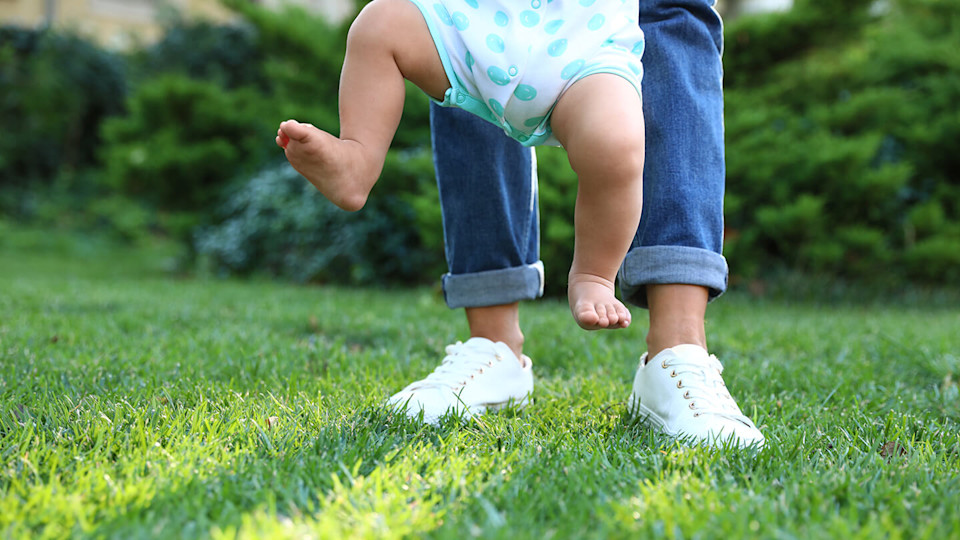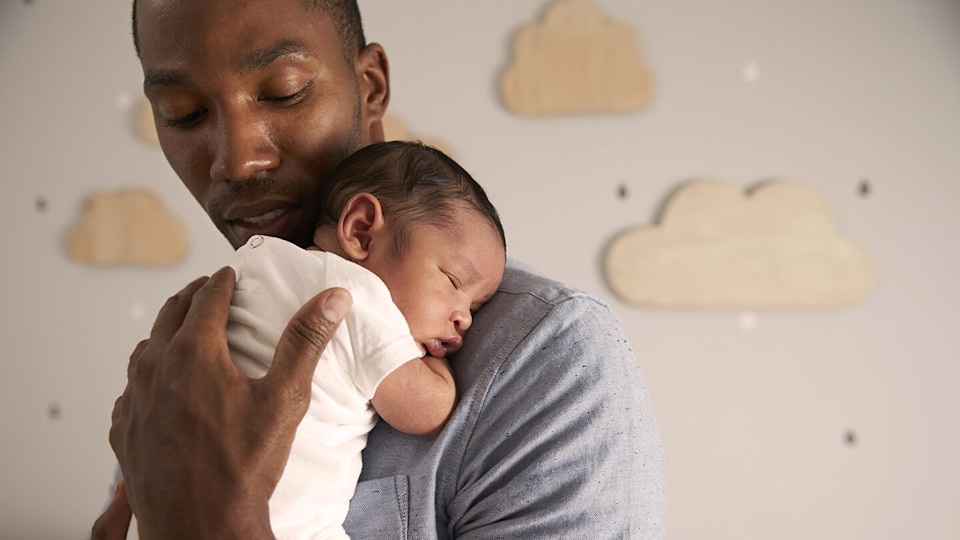
Family
What happens to my children if I die?
Tragedies, whether through natural disasters, accidents or attacks often lead us to consider what the arrangements would and should be for our children in the event we die.
I am often asked by clients what measures they can take to ensure that their children are cared for by their chosen guardians in the event anything were to happen to them.
If you are the only holder of parental responsibility you can appoint a guardian in your will, and although this can be challenged, it is a firm starting point.
Where parental responsibility is shared, you can only make a valid guardianship appointment in your will if you have an order which means the child lives with you. If this is not the case, you can still set out your wishes and the reasons behind them in your will, but it will not have the same automatic activation, and it’s more easily open to challenge.
If for any reason you consider a surviving parent unsuitable to care for a child, it can be prudent to make a record of those concerns.
How does the court decide?
There is no legal presumption that a child must live with a biological parent after the death of the other. In assessing where a child should live, the court considers the welfare of the child above all else. They will consider the respective pros and cons of each available option and decide which arrangement would best meet the physical and emotional needs of that particular child.
There will be times when it is considered best for a child to be cared for by the surviving parent, and there will be times when other family members, or friends, are considered the more suitable option. The wishes and feelings of the child concerned will be an important consideration, but the weight attached varies, depending on the age and maturity of the child concerned.
A common concern parents have is if anything were to happen to them, their children could be automatically sent to live with a parent who they’ve had no contact with for many years, and they will lose contact with the extended family who’ve had an important role in their life.
Any family members who were close to a child can apply for an order protecting future contact with the child.
It’s always best if you can agree child arrangements in person than for there to be litigation, especially when those involved are suffering the loss of a close friend or relative. However, there are occasions when orders need to be made by the court to confer legal status and parental responsibility on those who will care for the child, which cannot be granted by consent alone. In such circumstances, it is possible for orders to be made by agreement, and without contested hearings.
Having a plan
As hard as it can be, having discussions about what would happen in the event either parent died, and making wishes known, can mean there is no conflict if it happens, and everyone simply agrees to co-operate to implement what they know has been deemed to be the best arrangement. I have seen cases where both sides of the dispute have been doing what they believe the deceased parent would want, but each believing that to be something very different.
The important thing is for parents to be assured that where children are concerned, courts never impose arbitrary rules about where and with whom a child should live which would not be in their best interests. Plus, courts always consider alternative arrangements were the relevant applications are made.
When to seek advice
If you need legal help with a children law issue contact the family law solicitors at Slater and Gordon Lawyers on 0330 041 5869 or contact us online.
All information was correct at time of publication.



